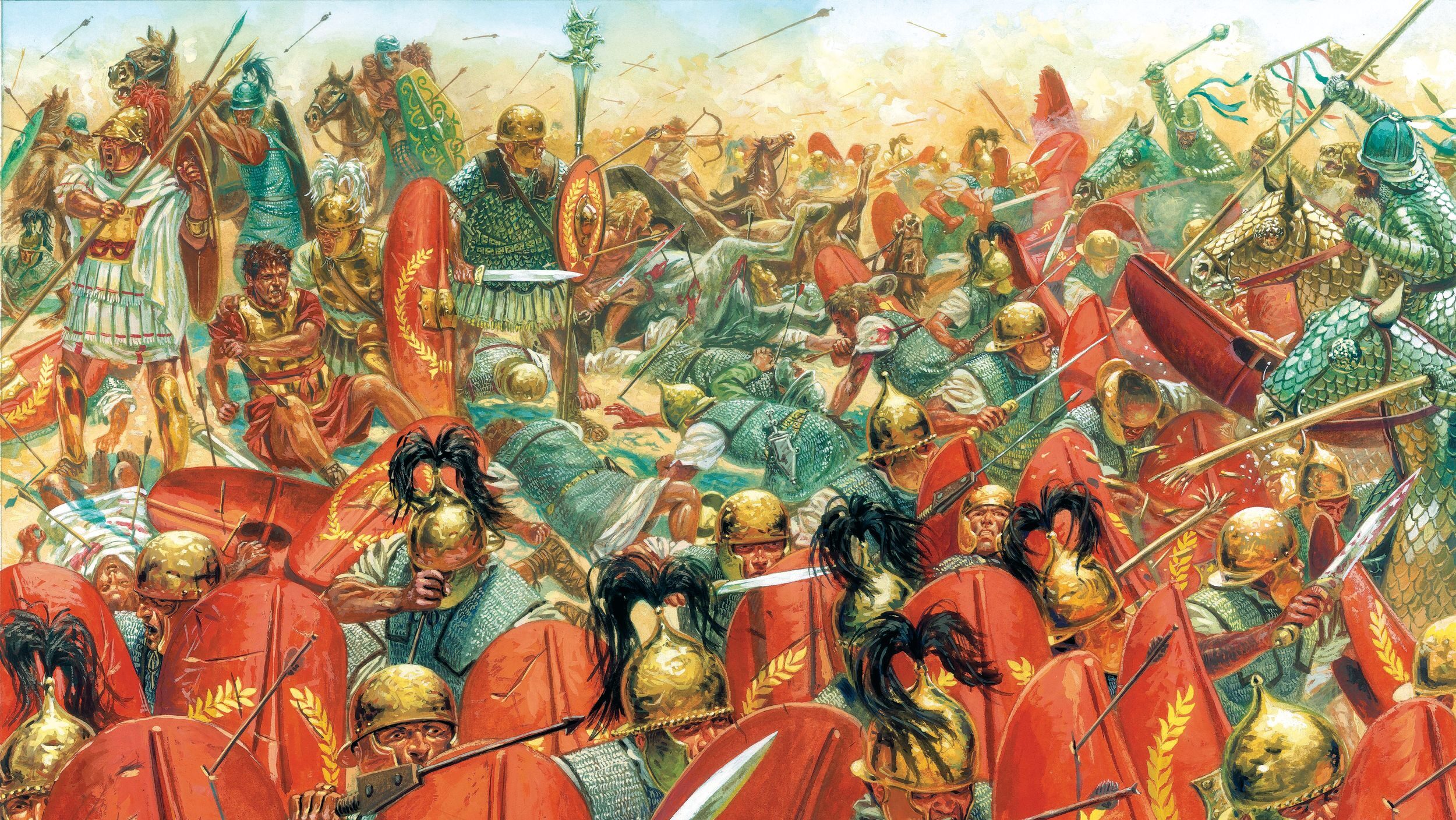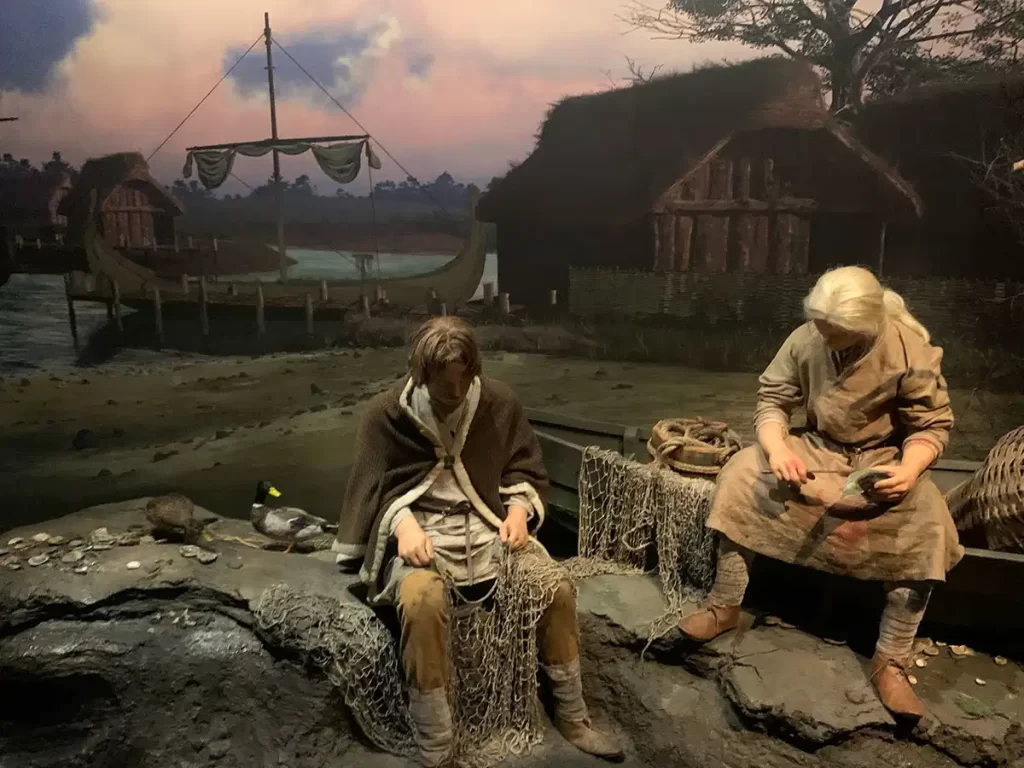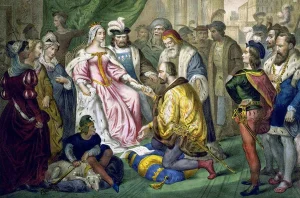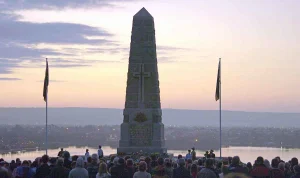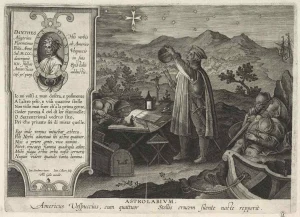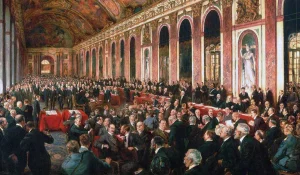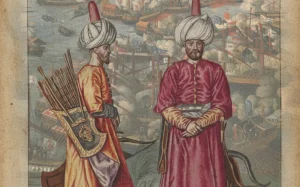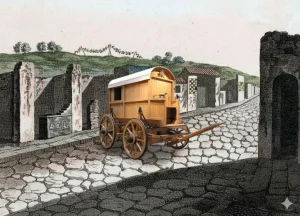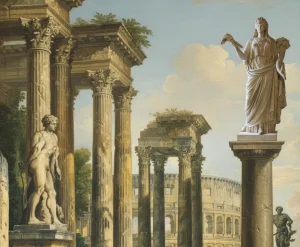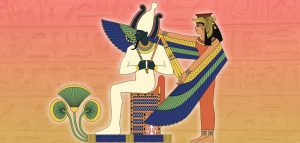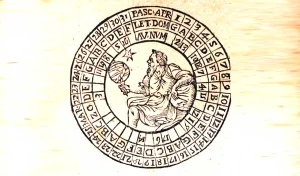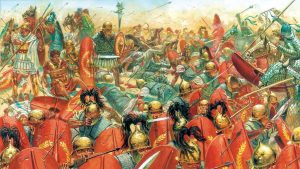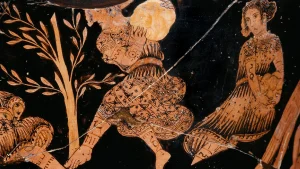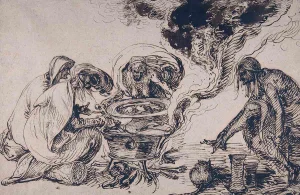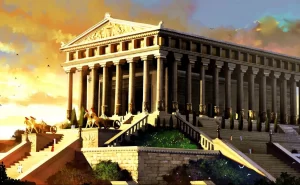In the dusty heat of the Mesopotamian plains, under a sun that seemed to scorch ambition itself, one of Rome’s most powerful men watched his legacy collapse. Marcus Licinius Crassus, a man of immense wealth and burning ambition, had crossed the Euphrates River chasing glory. But instead of triumph, he led Rome into one of its most humiliating military disasters—the Battle of Carrhae.
This wasn’t just a battlefield defeat. It was a moment that shattered illusions of Roman invincibility, exposed the cunning brilliance of the Parthian Empire, and triggered a chain reaction that would shake the Republic to its core.

Crassus: The Man Who Had Everything—Except Glory
Born into a wealthy patrician family, Crassus had been a key figure in Rome’s brutal political chessboard. He had fought in civil wars, amassed one of the largest fortunes in Roman history, and crushed the infamous slave revolt led by Spartacus. But money, in Rome, was not enough.
While his political allies Pompey and Julius Caesar basked in military glory, Crassus remained a financier and administrator—a backroom kingmaker, not a battlefield legend. That imbalance gnawed at him. Caesar had Gaul. Pompey had the East. Crassus needed his own war. Parthia seemed like the perfect opportunity.
But ambition, unchecked by wisdom, is a dangerous weapon.

The Eastern Empire Rome Underestimated
The Parthians were not the ragtag eastern enemy Rome expected. They had risen from the ruins of the Seleucid Empire and established a vast, decentralized realm stretching from the Euphrates to India. At their core stood a unique military culture centered on cavalry—agile horse archers and devastating cataphracts (heavily armored knights).
Their tactics were unlike anything the Romans had faced before. They didn’t rely on infantry lines and siege engines. They rode fast, struck hard from a distance, and vanished like smoke before a sword could touch them. And at the helm of this elite force during the events of Carrhae stood a young, magnetic nobleman named Surena—a man who would prove himself one of history’s most underestimated generals.

The Road to Carrhae: Arrogance Marches East
In 53 BCE, Crassus launched his Parthian campaign without the Senate’s approval. He led nearly 40,000 Roman soldiers across the Euphrates and into the unknown. He ignored the strategic advice of King Artavasdes II of Armenia, who offered him a safer, mountainous route and thousands of allied troops. Crassus, in his impatience, refused. He believed the Parthians would crumble before Roman discipline and steel.
Instead of glory, he found endless plains and no enemy to engage. The Parthians didn’t fortify cities or offer a clear path to conquest. They vanished into the terrain, letting the environment drain the Romans. Exhausted by heat and thirst, morale among Crassus’s legions withered long before the battle began.
Then, on the desolate plain near Carrhae, the storm hit.

The Parthian Trap Springs
Out of the horizon emerged thousands of Parthian cavalry—disciplined, silent, and terrifyingly precise. There were no infantry formations or siege engines. Just speed, power, and rainstorms of arrows launched from powerful composite bows. Roman shields were little defense against the constant volleys.
Crassus ordered his men into the famed testudo formation, a turtle-like shield wall. But it became a suffocating tomb. Inside, Roman soldiers gasped for air in the sweltering heat, with arrows thudding down endlessly. They were helpless—trained for close combat, now pinned down by an invisible enemy they couldn’t reach.
When the Parthian archers paused, it wasn’t mercy—it was efficiency. Camels arrived with fresh arrow supplies. The assault resumed.
In desperation, Crassus sent his son, Publius, with 6,000 troops to flank the Parthians. For a brief moment, it looked like a breakthrough. But it was another deception. Surena had lured them out—Publius and his men were surrounded, cut off, and annihilated.
Publius took his own life rather than face capture. His head was returned to his father, mounted on a spear—a gruesome message: Your legacy ends here.
A Commander’s Fall
Night fell, and with it, discipline collapsed. The Romans attempted a chaotic retreat. Some made it to Carrhae, others were slaughtered in the open plains. The next morning, Surena offered peace talks. Crassus, broken and cornered, agreed.
What happened next is lost to history’s fog. Perhaps the talks turned violent. Perhaps it was a trap from the beginning. But Crassus never returned. According to Roman legend, the Parthians mocked his insatiable greed by pouring molten gold down his throat—an ironic, brutal punctuation mark on a life driven by wealth and ambition.
Of the 40,000 soldiers Crassus led into Parthia, around 20,000 were killed. 10,000 were captured and marched deep into the Parthian Empire, never to return. Only a fraction made it back to Roman lines.
Aftermath
Crassus’s death didn’t just mark the end of a military campaign—it marked the death of the First Triumvirate. The fragile alliance between Caesar, Pompey, and Crassus unraveled. With Crassus gone, balance disappeared. Civil war erupted between Caesar and Pompey, a war that would end with Caesar’s dictatorship and the fall of the Roman Republic.
And what of Surena, the man who orchestrated Rome’s great humiliation? He too met a tragic end. Despite his victory, the Parthian king had him executed—either out of jealousy or fear of his growing popularity.
The Battle of Carrhae would echo across the centuries. Rome never managed to conquer Parthia. The eastern frontier remained volatile, a wound that never fully healed. The Parthians would eventually fall—not to Rome, but to the rising power of the Sassanid Empire.
Marcus Licinius Crassus sought immortality through war. He believed that wealth could buy him a legacy of heroism. Instead, his name became a cautionary tale of arrogance, poor judgment, and the price of overreaching ambition.
Carrhae was not just a loss on the battlefield—it was the moment Rome realized it could bleed.

